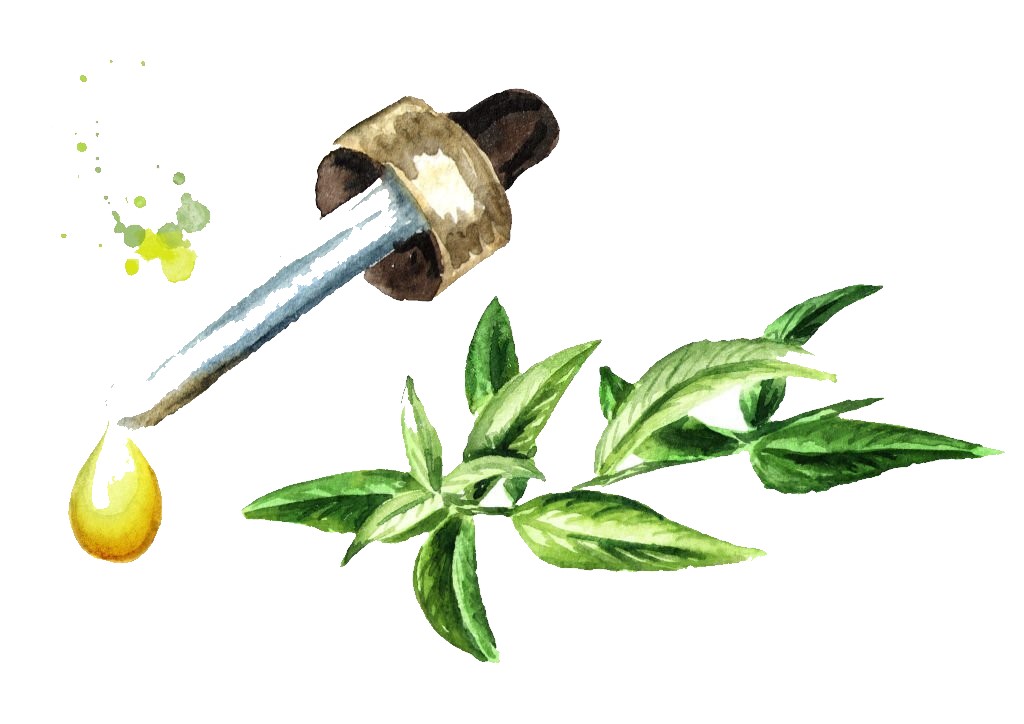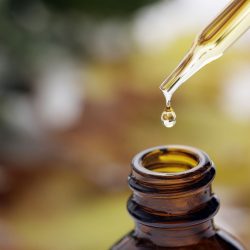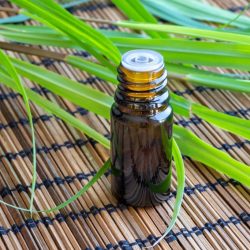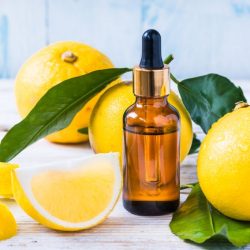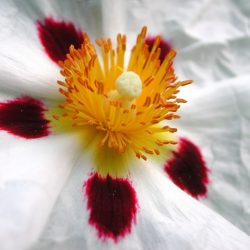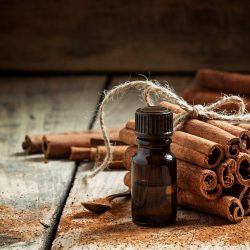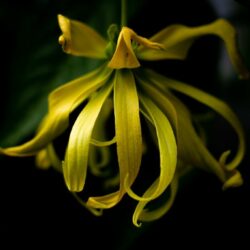Originally from Chile and introduced to southern Europe by Spain around the 7th century, lemon verbena is named after the traveling botanist Lipp . Very fragrant as its name suggests, lemon verbena essential oil develops a characteristic smell of lemon and citron , but without presenting the spicy and fresh side of the latter. Here it’s softer, grassier, floral too, reminiscent of Bourbon geranium . Spicy hints are also released, remotely evoking turmeric . Colorless to yellowish, it may darken slightly over time.
A little history
In antiquity, the Romans placed bouquets of verbena under their guests’ tables, in order to facilitate conversation, harmony and joie de vivre . Druids, on the other hand, used it to perform their prophecies .
Entry into therapy in the 19th century in Europe, Fournier reports the use of verbena in digestive disorders such as gastralgia, dyspepsia and flatulence thanks to its stomachic and antispasmodic effects, in migraines, dizziness, ringing in the ears , nervous states, intellectual fatigue and against fever.
The essential oil is, according to Valnet (20th century), a digestive stimulant, a regulator of the release of cortisol (sympathetic system) and, in external use, an antiparasitic against lice.
In Latin, it has different names: Aloysia triphylla, Aloysia citrodora, Lippia citriodora Lippia triphylla or Zapania citriodora .
What are the pharmacological properties of lemon verbena leaf essential oil ?
Anti-inflammatory effect:
Powerful anti-inflammatory , lemon verbena essential oil is anti- neuralgic and in fact, widely used in rheumatology.
Antispasmodic effect:
Lemon verbena is spasmolytic by inhibiting histamine release.
Antibacterial effect:
Lemon verbena essential oil is antibacterial against certain streptococci and certain lactobacilli as well as Helicobacter pylori involved in stomach ulcer.
Antifungal effect:
The geranial and neral contained in lemon verbena essential oil are also active on Candida albicans.
Sedative effects:
Regulating the adrenal glands, the sedative activity of verbena is ultimately powerful. Indeed, it balances “like a balance” all nervous excesses and calms hyperexcitability. It regulates the central nervous system as well as the vascularization, relaxes the excessive adrenal as well as the precapillary sphincters, and is also active on the autonomic nervous system .
Stimulating action of glandular functions:
A great glandular tonic , lemon verbena stimulates ovarian function , pancreatic function , as well as thyroid function . It calms the excessive adrenal and is also hormone-like (thyroid, pancreas).
Other effects:
- Nervous and energetic tonic, verbena improves idealization as well as concentration. It also decreases drowsiness and apathy.
- Stimulates digestive microcirculation.
- Slightly analgesic as well as antineuralgic.
- Inducer of apoptosis in chronic lymphoid leukemia (activation of caspase-3).
Does Lemon Verbena essential oil require any precautions for use?
- Do not combine with thyroid treatment, risk of drug interaction.
- Contraindicated in pregnant or breastfeeding women, as well as in children under 8 years old.
- Dermocaustic in its pure state, dilution required by the cutaneous route.
- Do not diffuse, inhale or bathe.
- Caution in case of prostatic hyperplasia.
- Citrals are enzyme inhibitors, beware of the risks of drug interactions, ask your pharmacist for advice.
- Forbidden to animals.
- Drug interactions with essential oils containing more than 10% ketones or phenols.
- Beware of possible gynecomastiantes effects in prolonged use. Linalool indeed prevents the production of testosterone, to be avoided in the long term in male individuals as an endocrine disruptor.
- Caution in case of per os renal insufficiency (nephrotoxic).
- Do not combine with cortisone, risk of drug interaction.
- Allergic risk with citrals and limonene.
- Risk of photosensitization, avoid exposure to the sun.
Medical bibliographic sources and clinical trials :
- Duschatzky, C. B., Possetto, M. L., Talarico, L. B., García, C. C., Michis, F., Almeida, N. V., de Lampasona, M. P., Schuff, C., & Damonte, E. B. (2005). Evaluation of chemical and antiviral properties of essential oils from South American plants. Antiviral chemistry & chemotherapy car
- Ohno T, Kita M, Yamaoka Y, Imamura S, Yamamoto T, Mitsufuji S, Kodama T, Kashima K, Car Y, Imanishi J. Antimicrobial activity of essential oils against Helicobacter pylori. Helicobacter. 2003
- De Martino L, D’Arena G, Minervini MM, Deaglio S, Fusco BM, Car Y, Cascavilla N, De Feo V. Verbena officinalis essential oil and its component citral as apoptotic-inducing agent in chronic lymphocytic leukemia. Int J Immunopathol Pharmacol Car. 2009
- F.A. Oladimeji, L.O. Orafidiya, T.A.B. Ogunniyi, T.A. Adewunmi, O. Onayemi. A comparative study of the scabicidal activities of formulations of essential oil car of Lippia multiflora Moldenke and benzyl benzoate emulsion BP. International Journal of Aromatherapy

